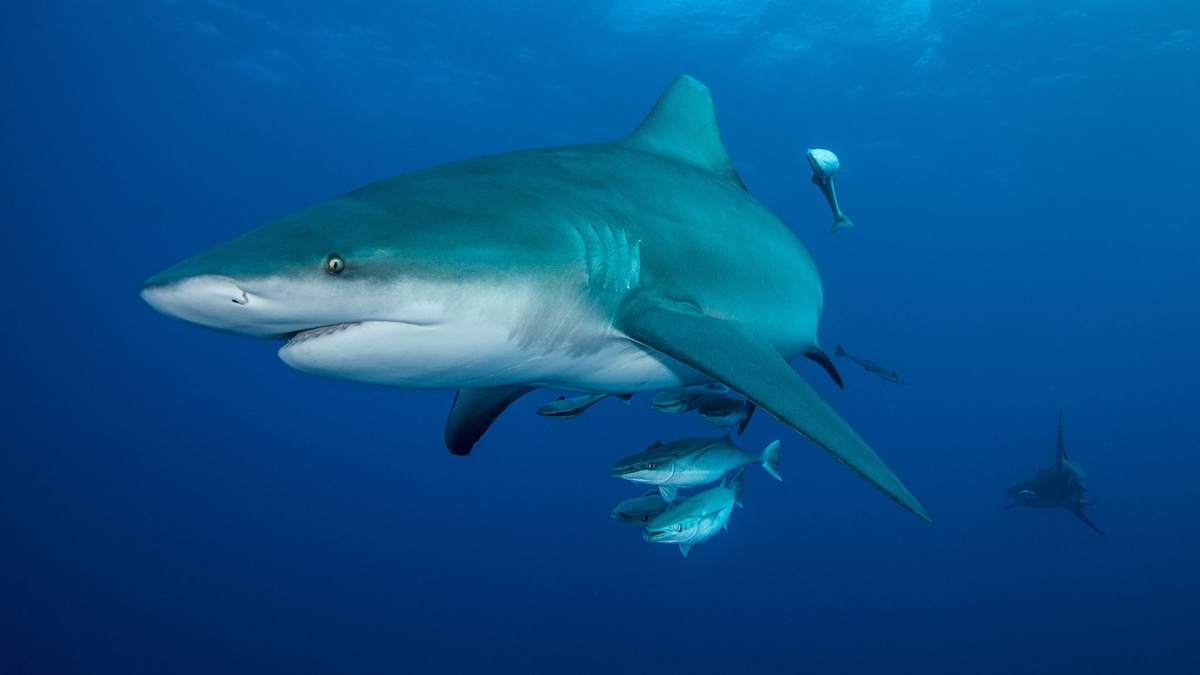Now Reading: Shark’s 4,000-Mile Journey Shatters Expectations of Marine Travel
-
01
Shark’s 4,000-Mile Journey Shatters Expectations of Marine Travel
Shark’s 4,000-Mile Journey Shatters Expectations of Marine Travel

Quick Summary:
- A female bull shark, caught near Lagos, Nigeria, traveled 4,500 miles-the longest documented migration of its species-crossing from the Indian Ocean through the Mozambique Channel into the Atlantic.
- The shark was tagged with an acoustic transmitter in South Africa in 2021 as part of research tracking marine species movement.
- Researchers attribute this unprecedented journey to potential changes in ocean temperatures and currents due to climate change. Events like a “Benguela Niño,” which warms cold-water barriers,might have enabled her migration.
- historically considered coastal species preferring warm shallow waters, bull sharks may be adjusting their range due to environmental shifts.
- The shark was unintentionally caught by local fishers aiming for grouper and snapper; she will not pass on her genetics after being butchered for meat.
- Scientists believe that collaboration with small-scale fishers could aid research into marine species adapting to changing habitats.
Link to full article: Read More
Indian Opinion Analysis:
The record-breaking journey of this bull shark highlights both resilience among marine life and challenges posed by climate change. For India, home to extensive coastal ecosystems including mangroves that host diverse aquatic lifeforms-similar phenomena could reshape local biodiversity patterns. Rising water temperatures could alter fish stock availability or lead tropical marine species into Indian waters. This may either relieve fishing pressure or create competition amidst vulnerable ecosystems.
India’s coastal communities heavily depend on fisheries for both livelihood and protein intake. Lessons from Nigeria suggest potential threats like overfishing or unintended captures as new migratory populations arrive-or existing ones adapt their routes amid warming seas. Strengthening collaboration between scientists and small-scale fishers ensures enduring practices while improving our understanding of migratory patterns critical for managing fisheries better.
Further monitoring is essential as climate-induced changes accelerate global marine transformations affecting shared aquatic resources across nations.






















